Loopholes must be closed and sanctions imposed, write Hillary Rodham Clinton and Chelsea Clinton
Seventy-two
boxes – that is all that was left of 100 African elephants, killed for
their tusks. Confiscated from an office in New York City’s diamond
district in 2012, the 72 office boxes were filled with small ivory
beads, figurines, charms and toys.
Demand for
these trinkets, often from consumers unaware the ivory comes from
animals recently and illegally killed, is what drives the mass slaughter
of elephants.
In a recent interview, a convicted
poacher who spent a decade running a gang in Kenya admitted to
personally killing more than 70 elephants. “My attacks were so frequent
that the elephants could not mate and have calves. There were not enough
male bull elephants left,” he said.
These
examples, sad but unfortunately all too common, reveal the international
ivory trade at its most brutal. An estimated 35,000 elephants and more
than 1,000 rhinos were killed last year alone. At this rate we are on a
path towards the extinction of both elephants and rhinos on the African
continent.
This is an ecological and moral
disaster. But that is not all. Illegal poaching and trafficking also
represent an economic and security challenge in Africa and beyond.
We
have seen al-Shabaab from Somalia, the Janjaweed from Sudan, the Lord’s
Resistance Army in east Africa and other armed groups move into illegal
wildlife trafficking. It has become a multibillion-dollar business,
facilitated by the same sophisticated criminal networks that are dealing
in drugs, taking hostages on the open seas, and financing illegal arms
sales and terrorist groups.
In recent years
wildlife trafficking has become more structured, more lucrative and more
ruthless than ever before. Poachers now use helicopters, automatic
weapons, night-vision goggles and satellite phones to overwhelm and even
kill park rangers and other local authorities. More than 1,000 wildlife
rangers across the world have been murdered by these groups in the past
decade.
These criminals are spreading
instability, undermining the rule of law and threatening the tourist
trade that is the lifeblood of so many African communities.
On
both sides of the Atlantic, the scourge of wildlife trafficking has
been centre stage recently. This month the White House announced a ban
on new commercial ivory sales in the US and released a national strategy
to address the illegal exploitation of elephants, rhinos and other
wildlife. In London, the Duke of Cambridge, the Prince of Wales and the
UK government hosted an international conference to address the wildlife
trafficking crisis. Delegates from 46 countries and 11 UN organisations
signed a declaration promising to improve cross-border co-operation and
strengthen laws and policing.
We strongly endorse
a complete ban on ivory sales in the US. The global ban agreed in 1989
was successful in stemming a previous killing spree. Over time, however,
exceptions have eviscerated the international ban and illegal ivory is
now routinely bought and sold under one or more loopholes, providing
cover for illegal traffickers. These need to be closed and sanctions
imposed on countries that continue to trade in ivory products.
We
are proud of the steps the US is taking and encouraged by the
declaration made in London. But governments cannot end this crisis alone
– private-sector action is needed as well.
At the
Clinton Global Initiative annual meeting in September last year we
brought together a coalition of African states, conservation
organisations and other concerned parties to announce an $80m commitment
to action, called the Partnership to Save Africa’s Elephants. Our goal
is to “stop the killing, stop the trafficking and stop the demand”. With
more than a dozen partners, we are scaling up anti-poaching enforcement
at 50 sites; strengthening intelligence networks; imposing tougher
penalties for violations; and more.
Ultimately,
saving Africa’s elephants depends on consumers everywhere. We need to
connect the dots for people between the ivory goods they see in stores
and the carcasses of dead elephants half a world away. And as consumers,
we should urge companies to help law enforcement authorities disrupt
the transfer of tusks, rhino horn and wildlife products on ships,
aircraft and trucks. Financial institutions should help to trace illegal
transactions, freeze assets and impound ill-gotten gains from illegal
trafficking. Retailers need to stop selling ivory products. And
businesses need to blow the whistle on government officials and
institutions that have been corrupted by this lucrative, illegal trade.
Only
by working together can we beat this crisis, break the nexus between
trafficking and terrorism, and make sure these incredible creatures will
roam the earth for generations to come.
This op-ed originally appeared in the Financial Times on February 24, 2014.


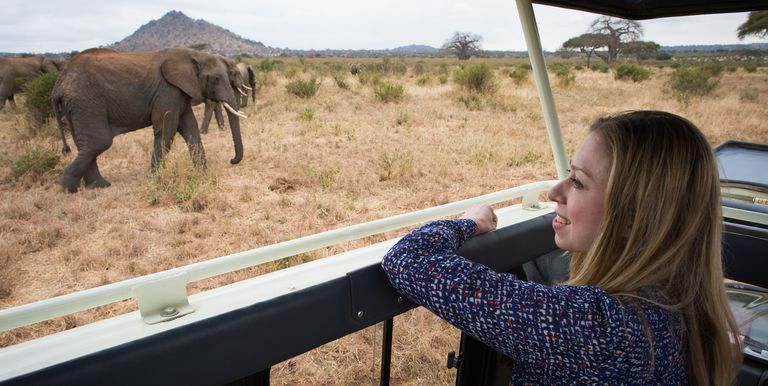
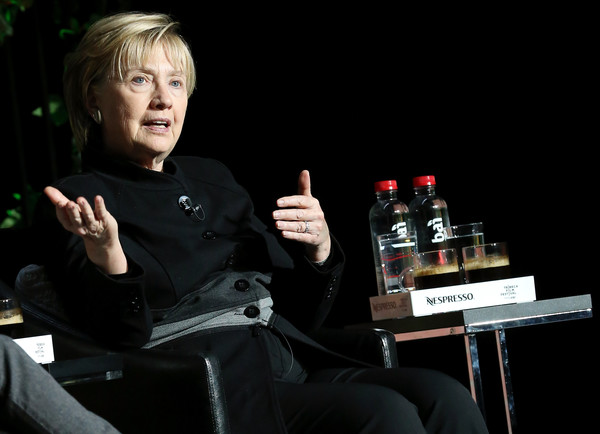
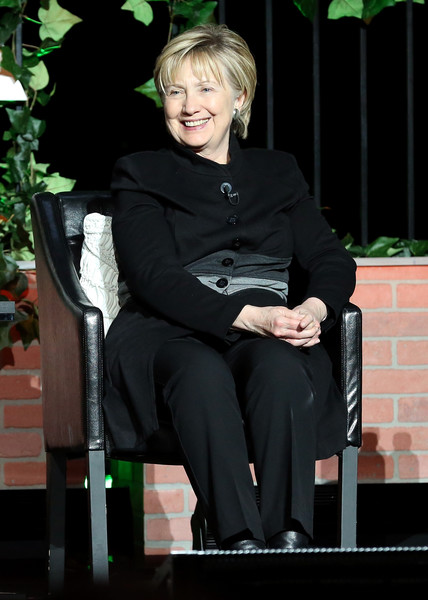
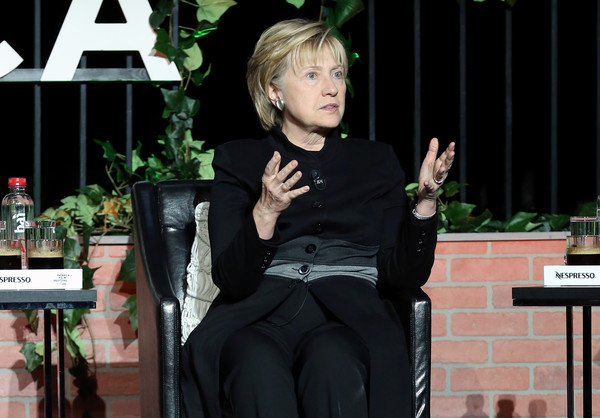
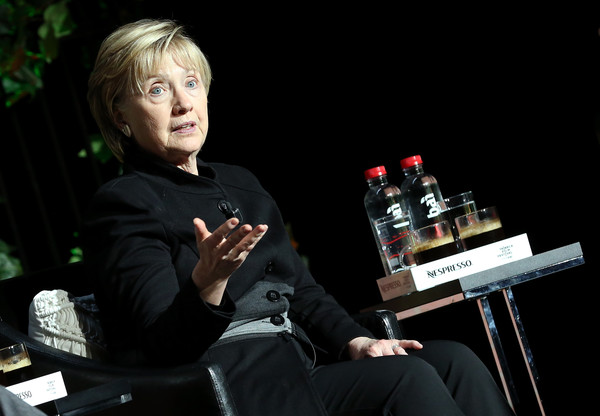
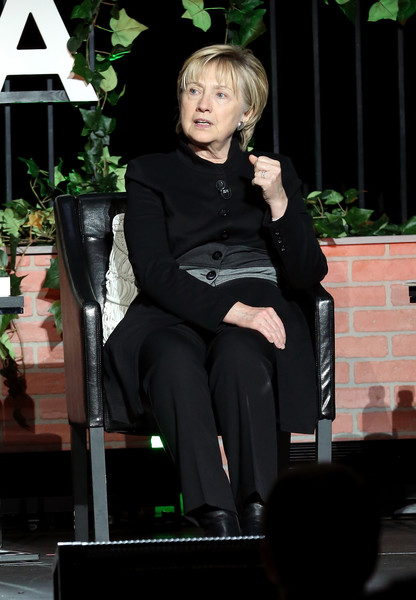
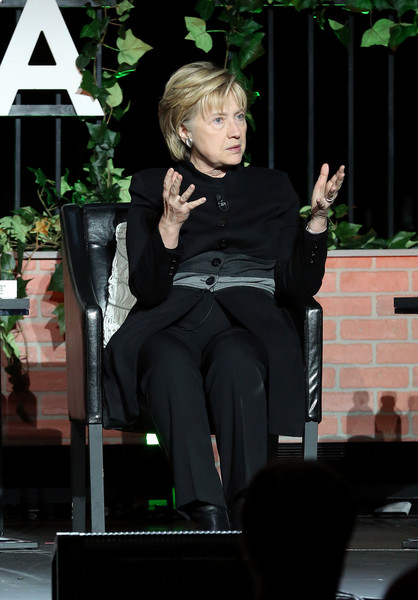
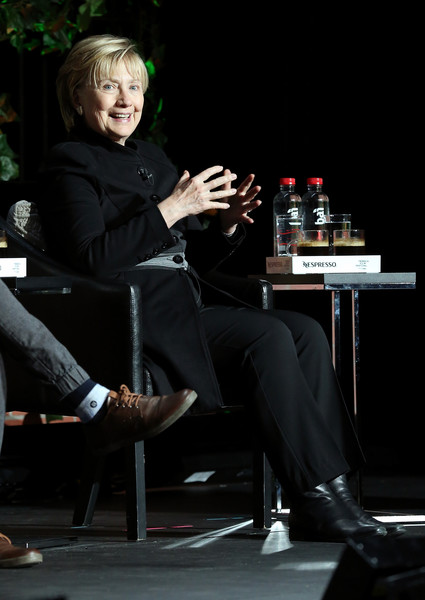
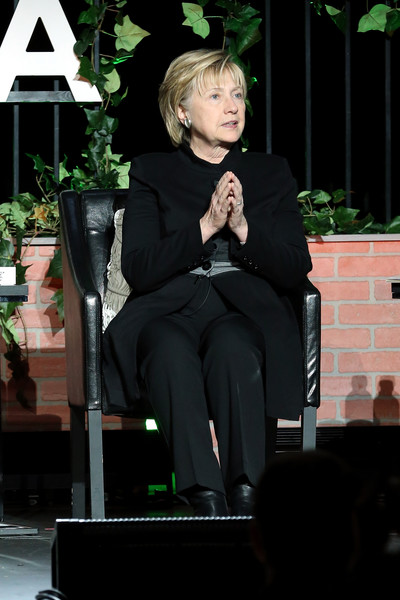
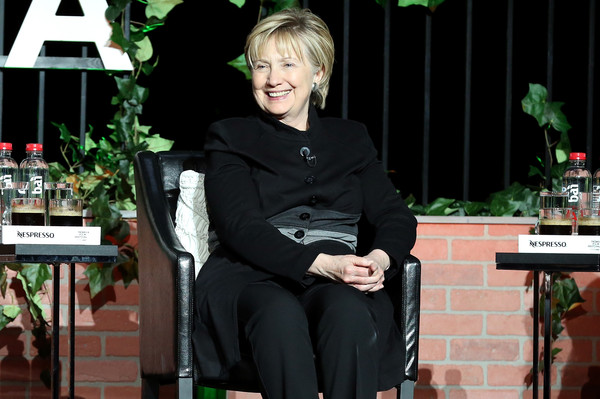
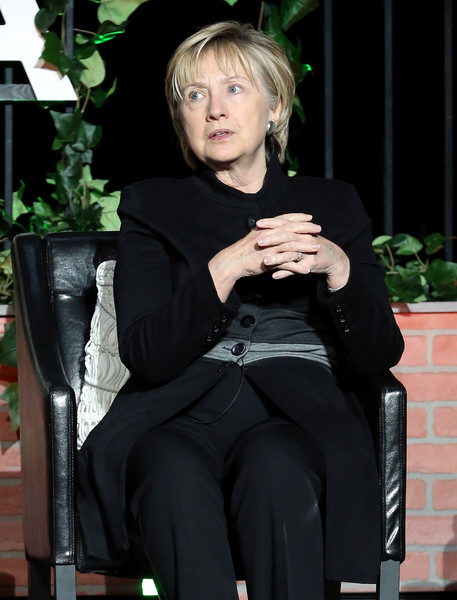
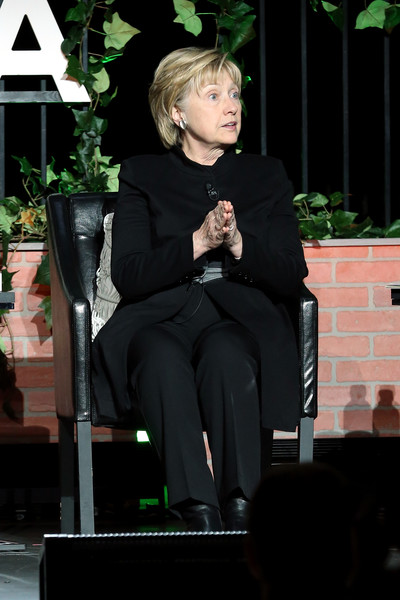
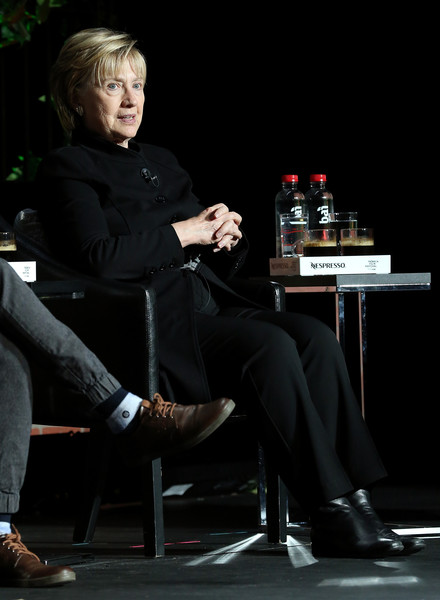
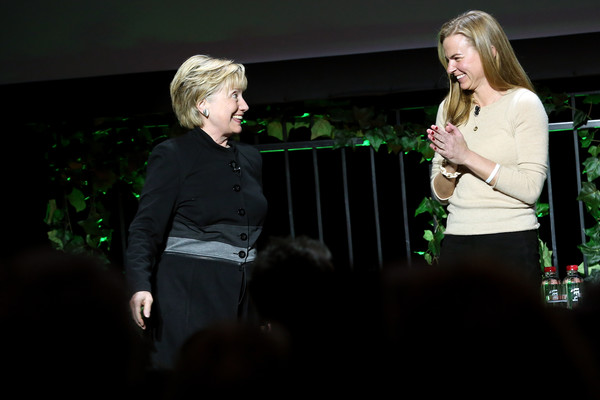
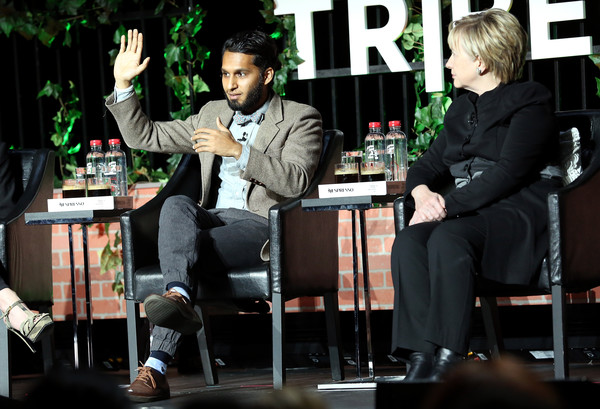
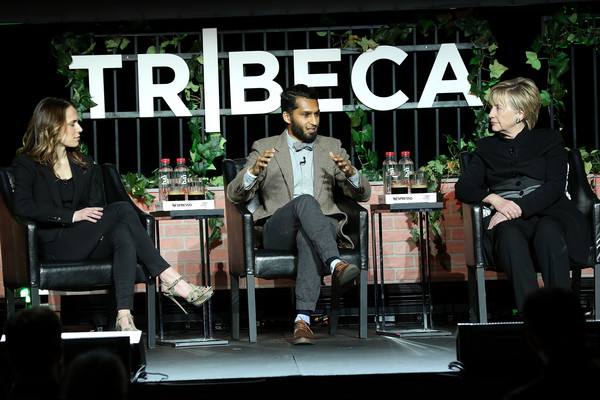
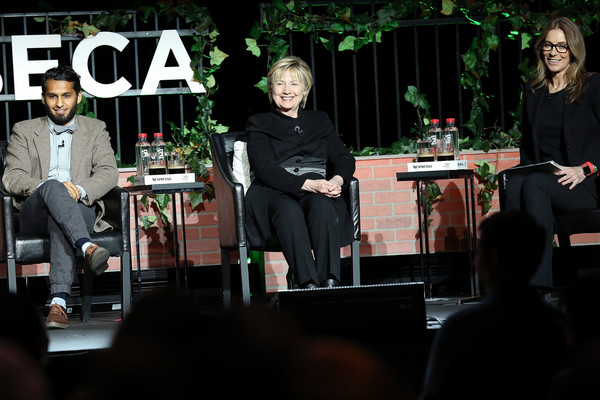

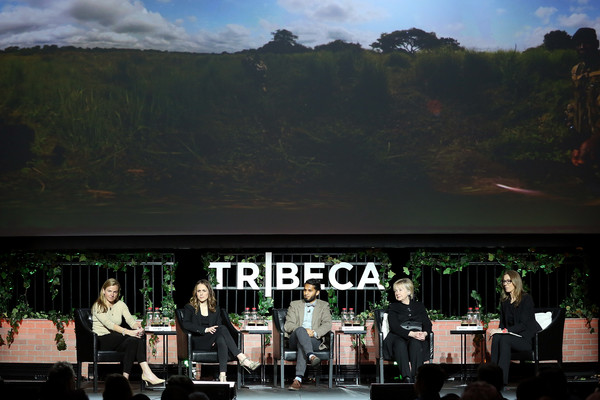

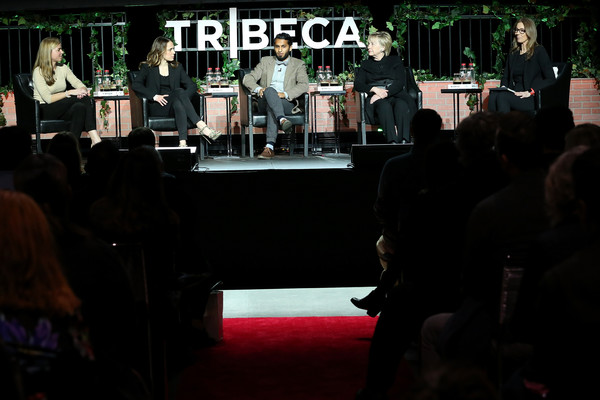
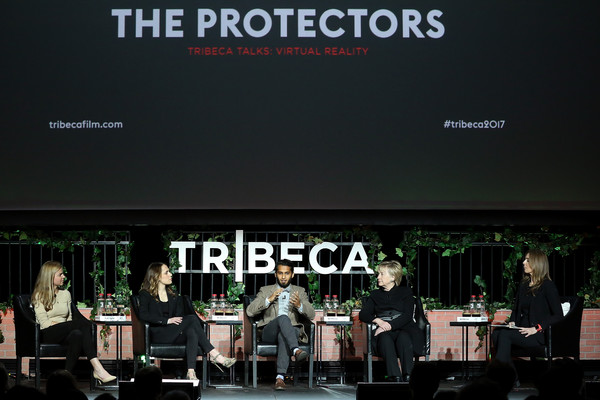
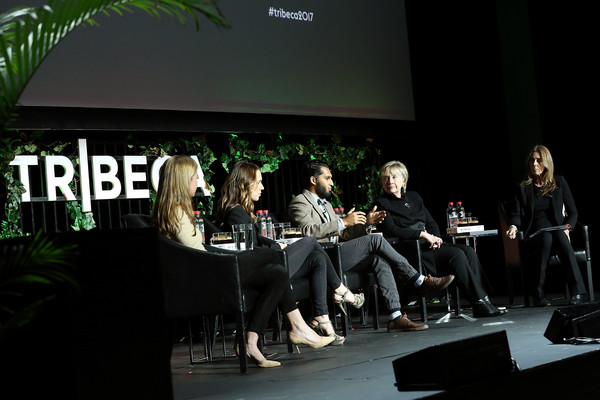

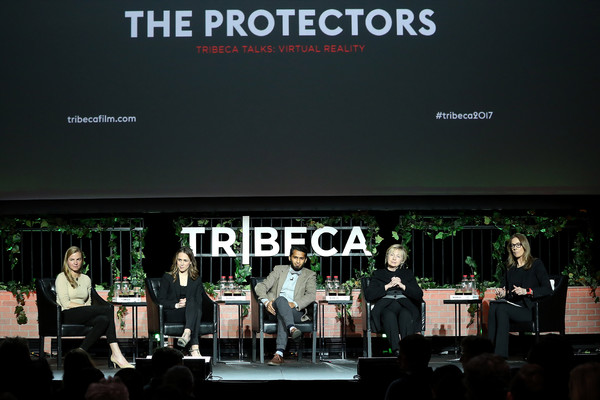
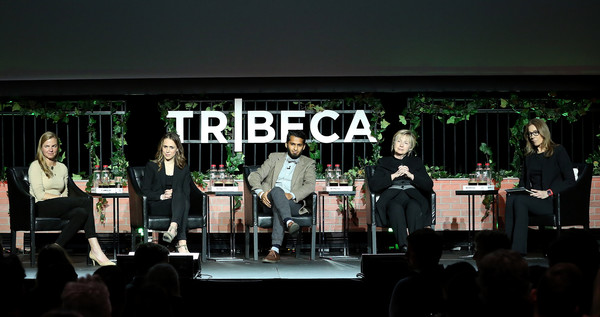
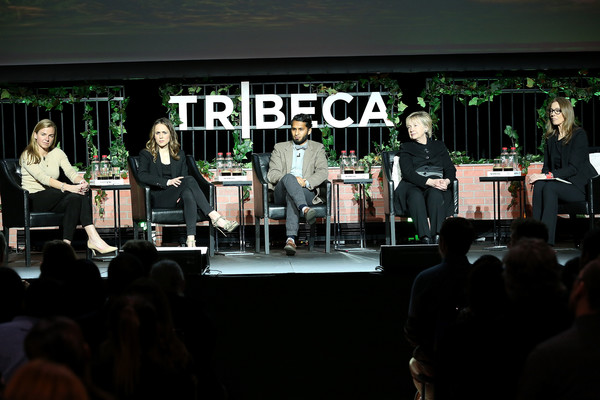


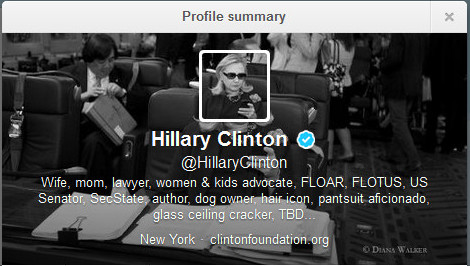
 Hillary Clinton
Hillary Clinton

 Hillary Clinton
Hillary Clinton
 Hillary Clinton
Hillary Clinton